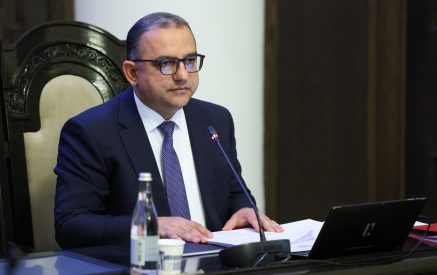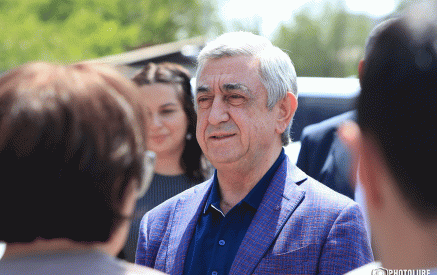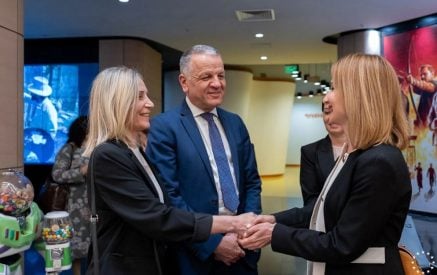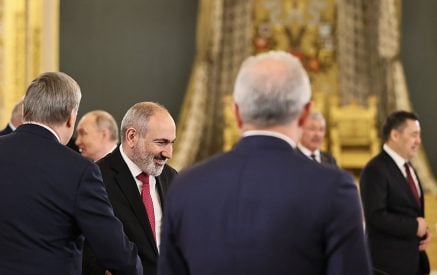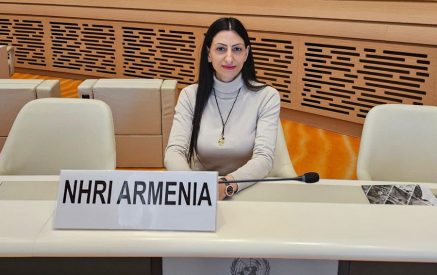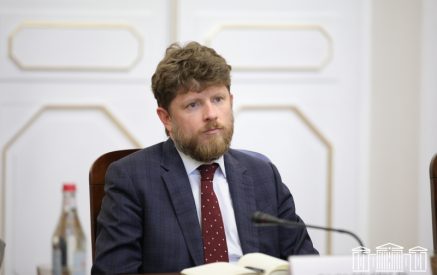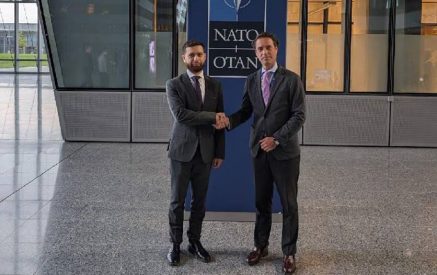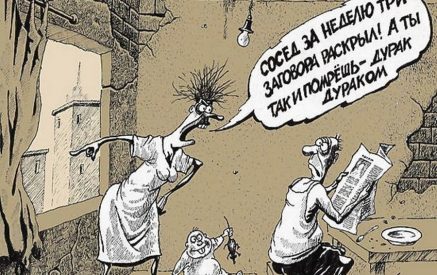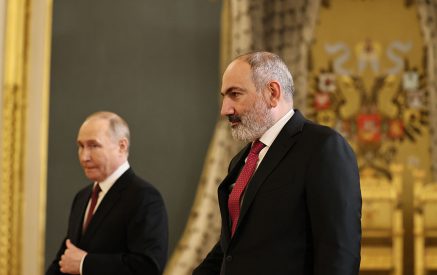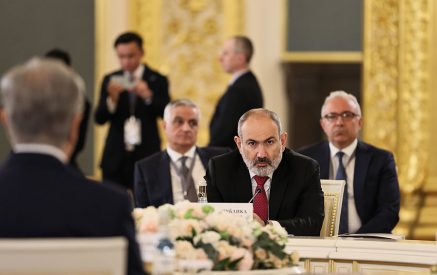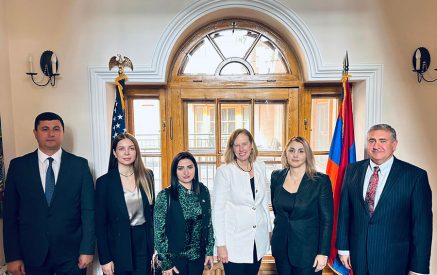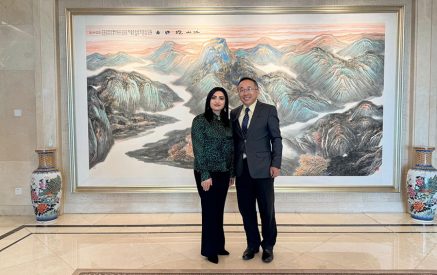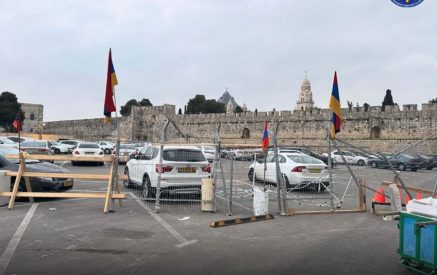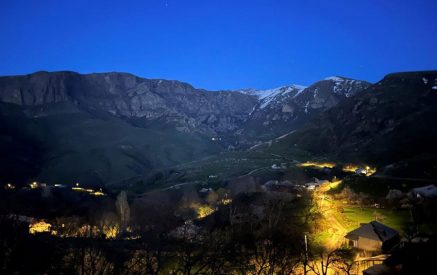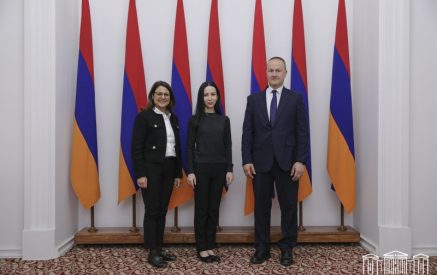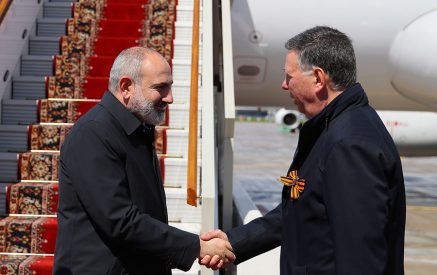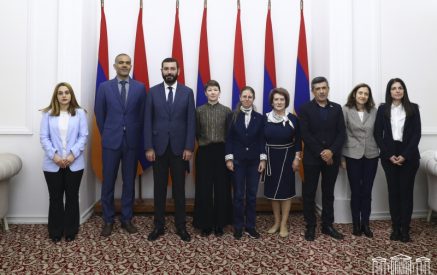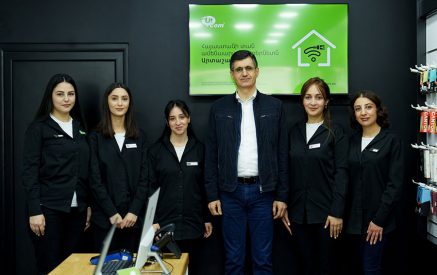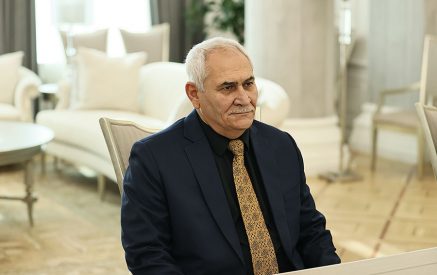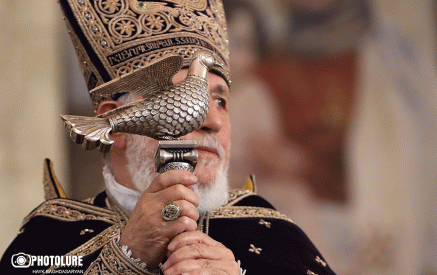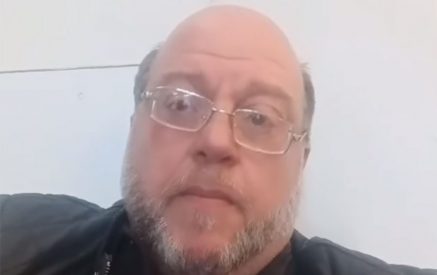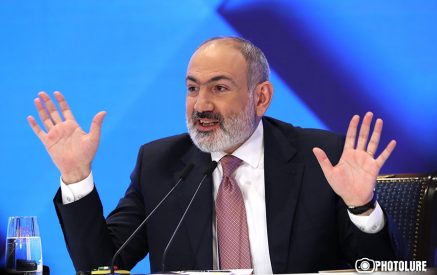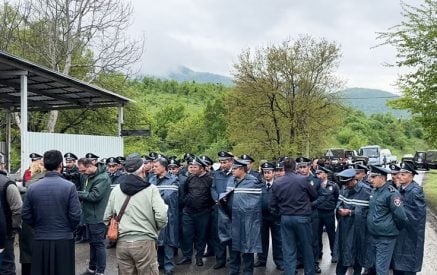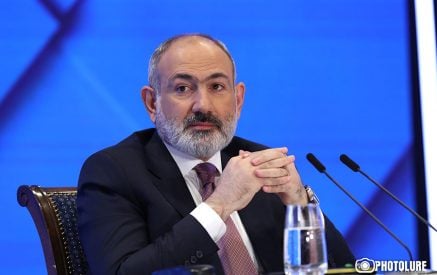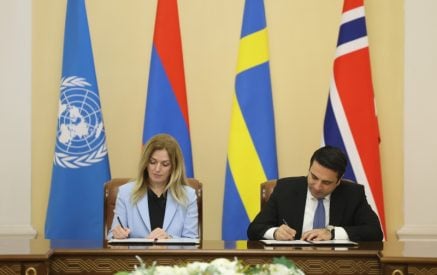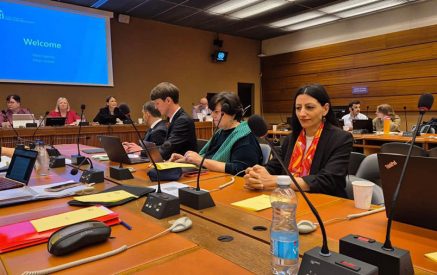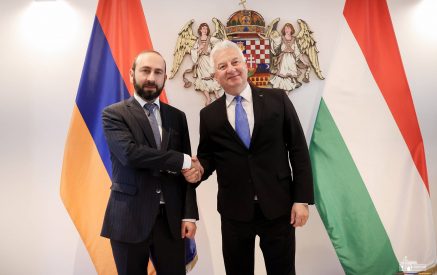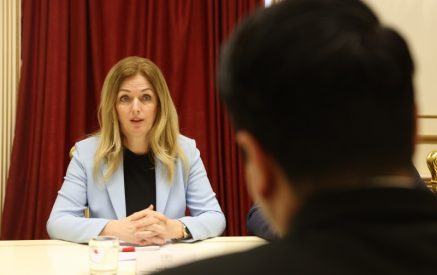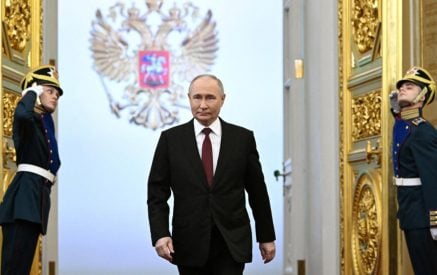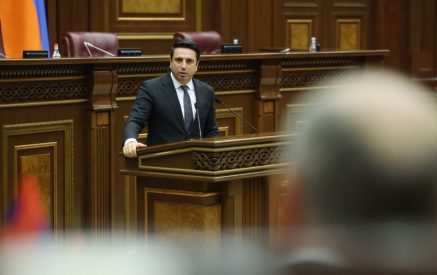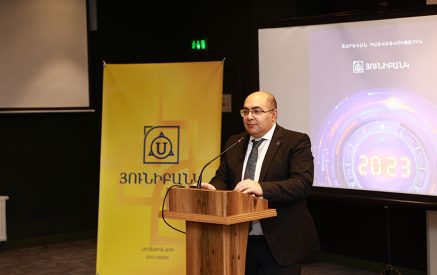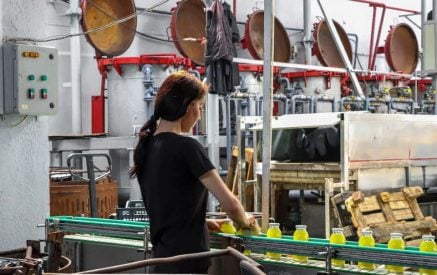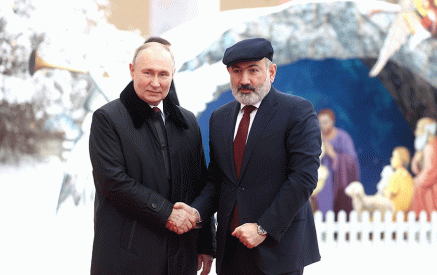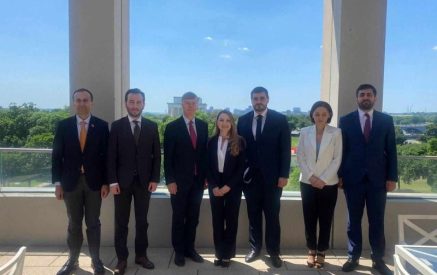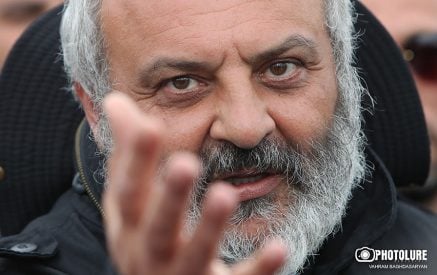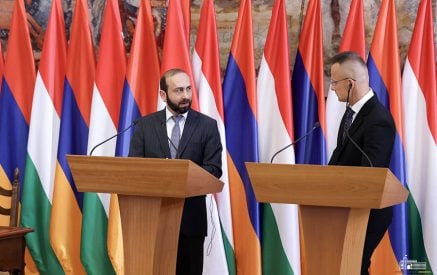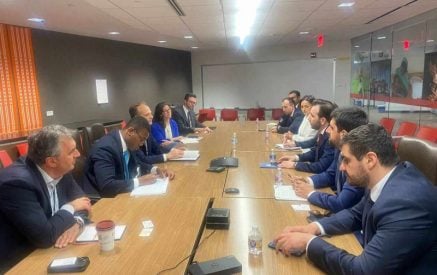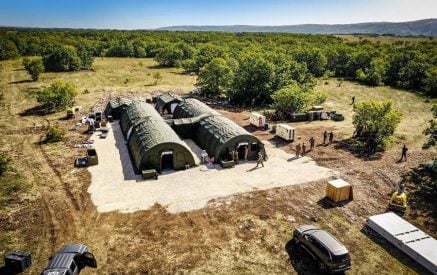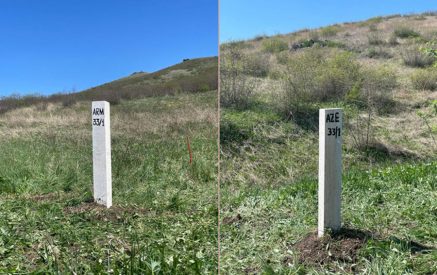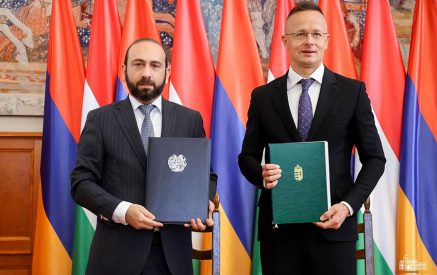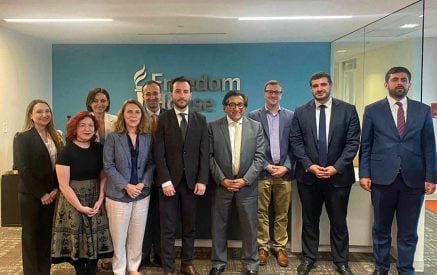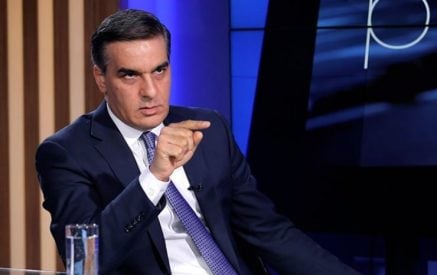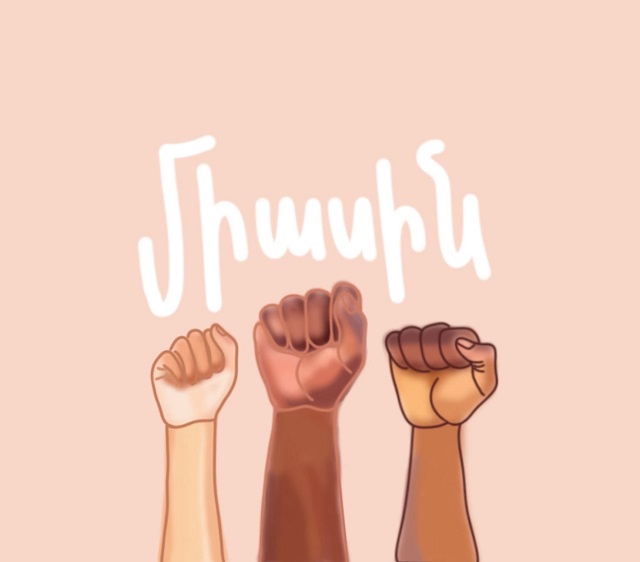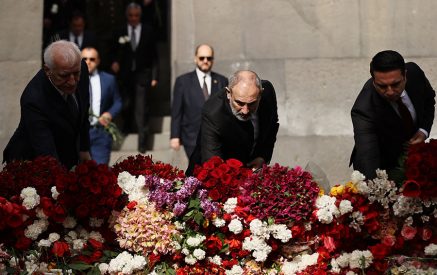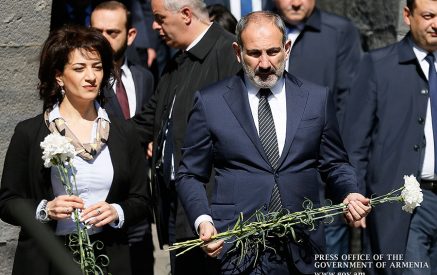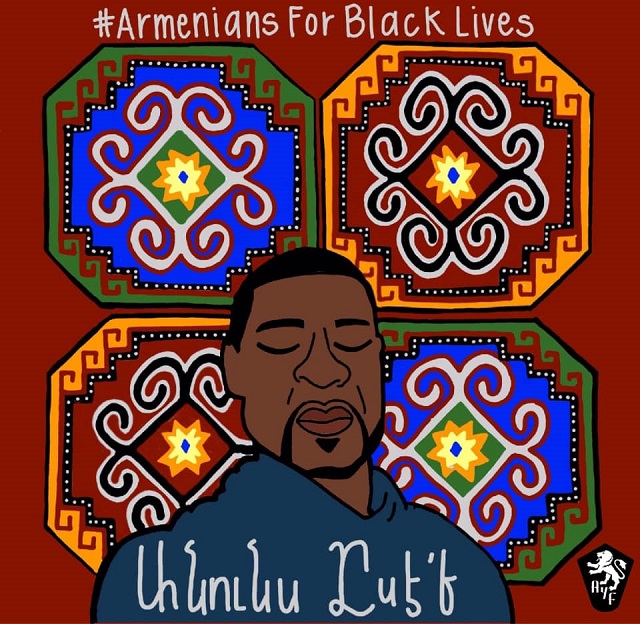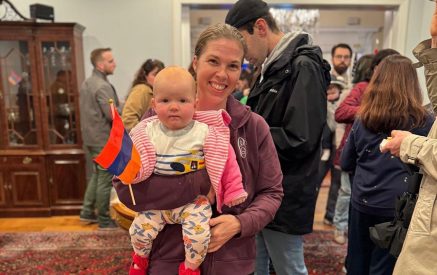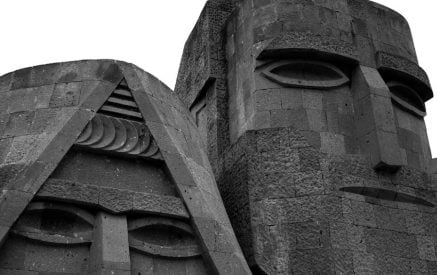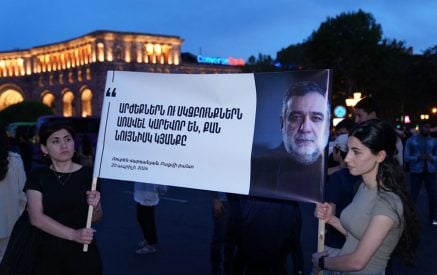The Armenian Weekly. Silence is dangerous. As Armenian Americans and the current leaders of this historic publication, we feel an urgent need to address the heartbreaking events that have been unfolding across our country in the aftermath of yet another deadly example of systemic racism, police brutality and the tragic murder of George Floyd.
With our sights set on the motivation and message behind the awe-inspiring, peaceful demonstrations, we ask you, dear reader, what does the death of an unarmed black man mean for us as Armenians? Why is it so important that we, as informed Diasporan Armenians in the US, join this discussion surrounding racism? Does it directly affect our daily lives, and whether we believe it does or not, why document this event in the pages of the Armenian Weekly?
For those who disagree with our editorial decision to spill ink in the name of an African American whose last moments on this complicated earth will forever be ingrained with his cries for mercy and the image of his face sandwiched between a Minneapolis pavement and the senseless leaden knee of a white police officer, please remember our roots as a publication that has long stood up for the most vulnerable in our society and has refused to ignore social injustice in whatever ugly form that it has taken in US history.
In the May 9, 1992 issue of the Armenian Weekly, longtime My Turn columnist Harut Sassounian authored “Armenian Community Should Help Victims of Los Angeles Riots.” “Armenians must understand the value of getting involved in local matters, otherwise unrelated to them, as a way of building bridges of friendship,” Sassounian wrote, encouraging the community to act on the basis of humanity amid widespread and deadly unrest after the Rodney King trial verdicts. In that same issue, there was an article by Aram Kouyoumdjian that assessed the concerns of Armenian business owners picking up the pieces after the riots. Rewind two decades to the front page of the April 6, 1968 issue of the Hairenik Daily, and you will find the headline and news story announcing the assassination of Dr. Martin Luther King, Jr.
Read also
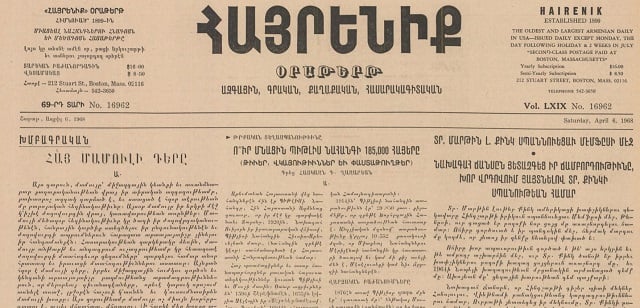
The front page of the April 6, 1968 issue of the Hairenik Daily announcing the assassination of Dr. Martin Luther King, Jr. in Memphis, TN
Unfortunately, as Armenians, we too have a history of oppression as our ancestors endured the devastation of genocide, and to this day, descendants fight for justice against its chronic denial. We also know the continuing subjugation of our people in Turkey. For these reasons and the simple fact that we are human beings, it is important that we examine what we can do as Diasporan Armenians living in the US to prevent these divisive outcomes or at the very least, ensure that they have a space in this publication.
The very nature of our work is embedded in activism, and activism requires action. This past week, both of our regional AYF organizations issued statements of solidarity and illustrated graphics that resonated with thousands of people, but also angered many in the community. Our news judgment takes the pulse of the Diaspora, and based on the disturbing feedback that we have observed, shallow sentiments and myopic viewpoints do nothing but weaken our cause in finding common ground with victims of oppressed minority groups who are crying out for justice as well.
We don’t need to wait for the situation to escalate and get personal for us to enter the conversation, because then and only then is it an Armenian story. No. We can get angry before something tangible that represents our history and our culture is violated (a khachkar in Colorado). The entire international community is responding to the killing of George Floyd and the racial injustices that have come before him and will come after him. We hope you are as uncomfortable as we are right now, because the dignity of human life is at stake here.
This is also a time for empathy, a lesson in life for our young children—the sheltered ones who grow up in homogeneous schools learning our history, speaking and writing our language, eating lunch with classmates who look just like them. They will eventually be old enough to enter more diverse communities. As their mentors, we are responsible for mitigating the culture shock by having honest conversations about acceptance sooner rather than later. One of us is the mother of a young professional successfully working in her chosen field and the other is the mother of an inquisitive and loving young boy. One of us is starting the conversation about race in her home by discussing racial differences in a positive way with age-appropriate literature highlighting compelling examples of friendship and kindness. One of us, while considering herself an activist and ally, continues to learn from her daughter who actively educates herself about issues surrounding race so she can serve as a true ally and active anti-racist in her community.
Listening to people of color in our communities and hearing their experiences with a sincere desire to learn and understand should be natural for us as descendants of an oppressed people for centuries. It’s time we walk beside our neighbors and offer them the microphone so their voices can be heard. After all, we are all together on this journey known as the human race, and at the end of the day, we all bleed red.
Leeza Arakelian
Assistant Editor
Main caption: “Together” (Original digital illustration by Claire Bogosian/@clairejean.art)

